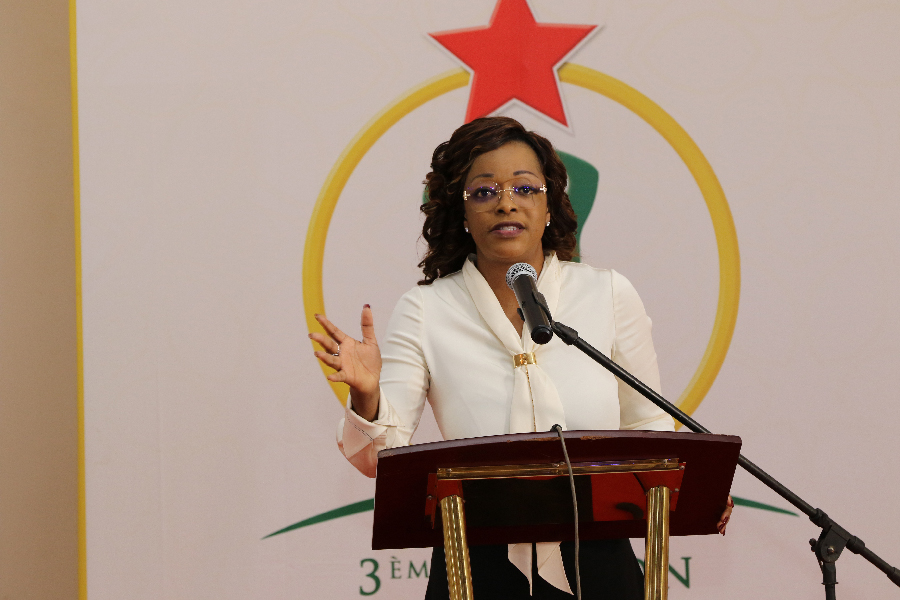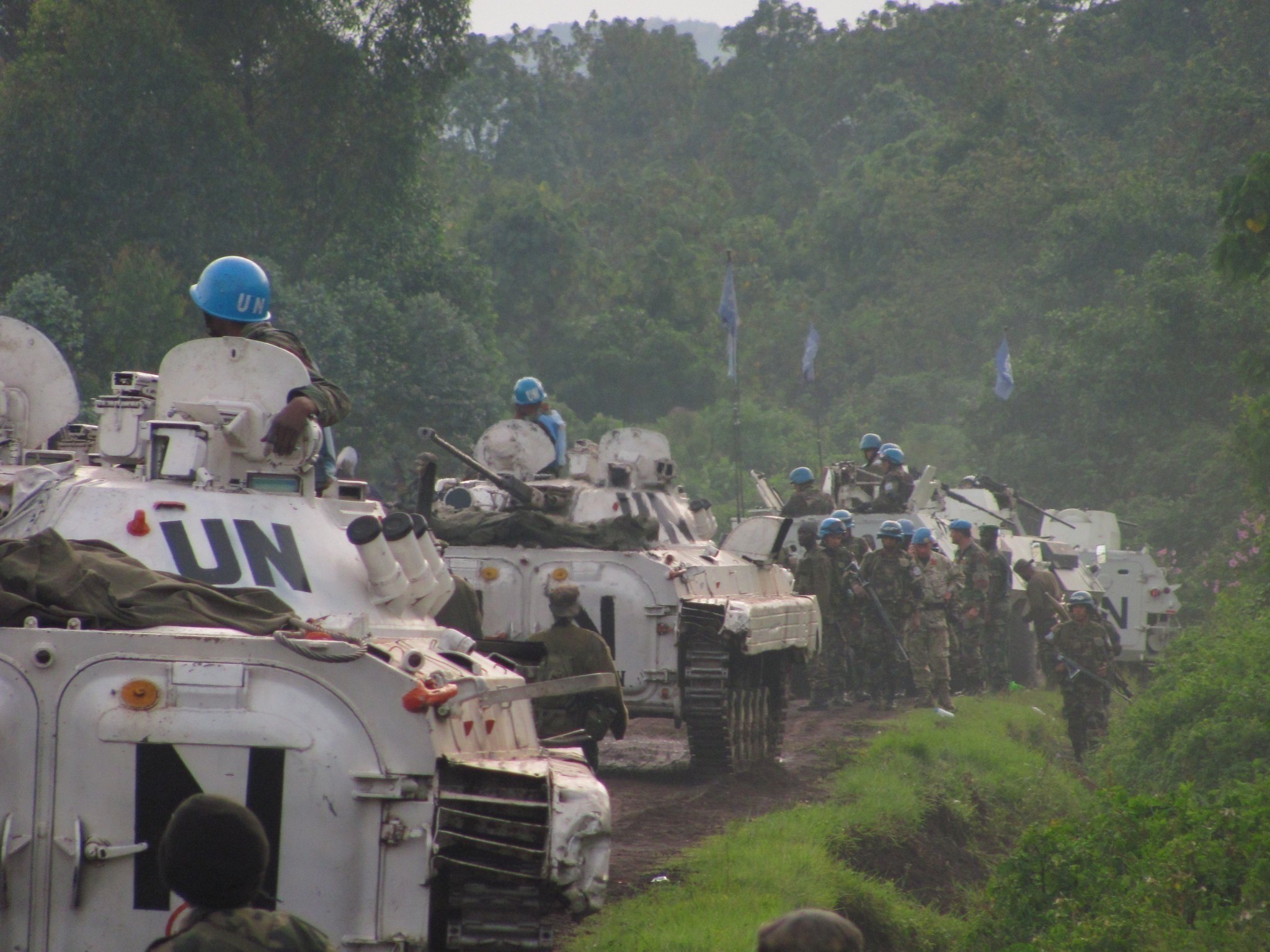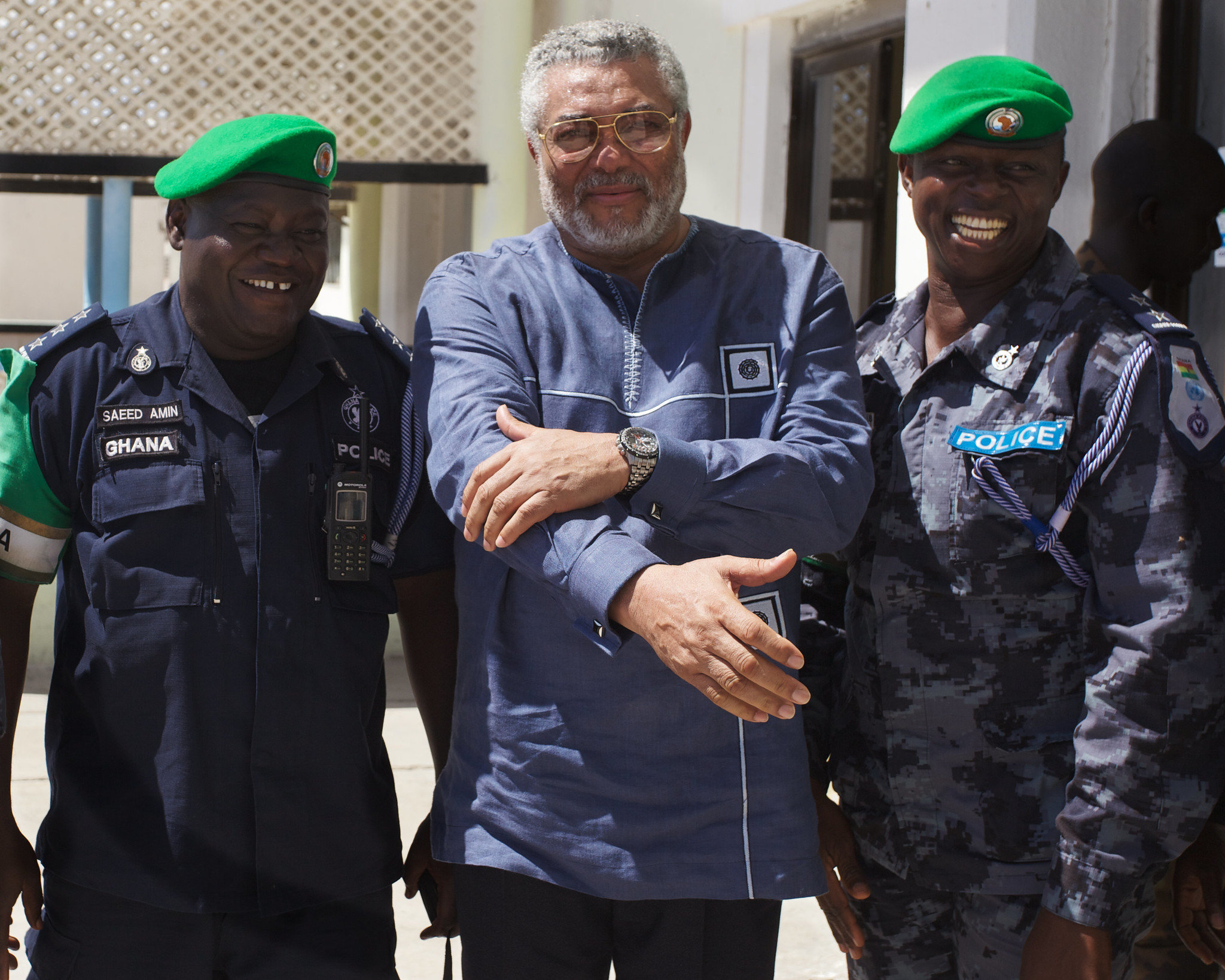In 1965, the country that is now known as the Democratic Republic of the Congo underwent a coup d’état after which Mobutu Sese Seko assumed the presidency. A dictator aligned with the western interests, he established a predatory state. The state machinary was used to serve his personal will and those of his allies. While the dictator grew his wealth, the Zairean government was unable to provide basic public services, write Felipe Honorato and Guilherme Freitas.
The establishment of the Second Republic
In May 1960, Congo held its first national elections. Patrice Emory Lumumba was elected the country’s first prime minister just a month before the Congo gained independence from Belgium. Lumumba, who was one of the biggest figures of pan-Africanism, was a nationalist and always defended the self-administration of the Congo’s mineral wealth by the Congolese. The western powers, in the context of the Cold War, feared that Lumumba, Congo, and its strategic mineral resources would join the soviet sphere of influence.
Less then a month after the Congolese independence from Belgium, the state of Katanga declared independence from Congo, a move that could have driven the country into bankruptcy. Katanga contained most of the Congolese mineral wealth and was responsible for 45 per cent of the national GDP at the time. Katanga was soon followed by South Kasai, the biggest producer of diamonds in the world, sparking a crisis in the newly independent country.
Just a few months later, in January 1961, Patrice Lumumba was captured, tortured and murdered by Katanguese forces. After Lumumba’s death, Congo erupted in provincial rebellions, fueled by mercenaries and Belgian troops. The situation only stabilised in 1965, after a coup established a dictatorship.
Joseph Désiré Mobutu was a journalist and great friend of Patrice Lumumba. After the 1960 election, he became his secretary, and subsequently rose to the post of Colonel Chief of the Congolese General Staff. Unbeknownst to Lumumba, Mobutu had established contacts with Larry Devlin, the head of the CIA office in Léopoldville (the colonial name of Kinshasa). It was Mobutu who ordered Lumumba’s capture and handed him over to the Katanguense forces. The following coup d’état put Mobutu in power for the next 32 years – a period called the Second Republic.
Mobutu’s kleptocracy
Mobutu established a kleptocratic government using the state machinary to serve his personal wishes and those of his allies. In 1972, 28 per cent of government expenditure was appropriated by the president. This compared with 29.3 per cent that was spent on agriculture, and 17.5 per cent that was spent on social services. By 1982, Mobutu’s personal fortune was valued at £3.2 billion.
In 1992, Mobutu and his cabinet further accumulated wealth, and expenditure on social services petered out, while Mobutu appropriated 95 per cent of the government’s budget.
At the end of 1988, the Belgian newspaper Le Soir covered the stay of IMF specialists in Kinshasa. The article described the situation in Kinshasa, in constant blackouts, roads that become muddy in even light rain, taxis and buses that were increasingly rare and expensive, making routine activities such as going to school or getting to work often impossible without help. Salaries were symbolic, due to the low value of the currency, and even university professors had to work multiple jobs in order to live
Due to a debt of 400 million francs, the supply of fuel to the national train company, the Société Nationale des Chemins de Fer Zaïrois, was cut off. By 1987 Zaire suffered from inflation of 75 per cent, in addition to an accelerated devaluation of its currency
Kinshasa and the mining regions were still in a privileged position. The effects of the economic crisis were most devastating outside the capital and the economic hubs.
The social indicators followed the economic ones. In 1988, 800 new cases of leprosy were registerd per day in the province of Upper Zaire, in addition to 650 new cases of tuberculosis. The University of Kisangani depended on international aid to stay open, the chalk used in the classrooms was bought by the teachers.
As early as the end of the 1970s, the difficulties facing the country was beginning to generate a growing dissatisfaction with Mobutu. In 1977 and 1978, opponents of the dictator tried to take control of the country in the 80-day War and the Shaba War. International support for the regime was decisive in defeating both attempts.
The end
The First Congo War took place between 1996 and 1997. The Alliance des Forces Démocratiques pour la Libération du Congo, an anti-Mobutu group backed by the military alliance headed by Rwanda, reached Kinshasa on 17 May 1997. The day before, Joseph Mobutu fled to Togo and then went into exile in Morocco ending the Congolese Second Republic.
Congo is still recovering from the economic fallout of Mobutu’s dictatorship. In 2007, a decade after his fall, the country had debts that totaled £6.4 billion, equivalent to 800 per cent of Congo’s exports. The country may have changed its name, but Mobutu’s legacy remains.
Photo credit: National Archives, CC0





